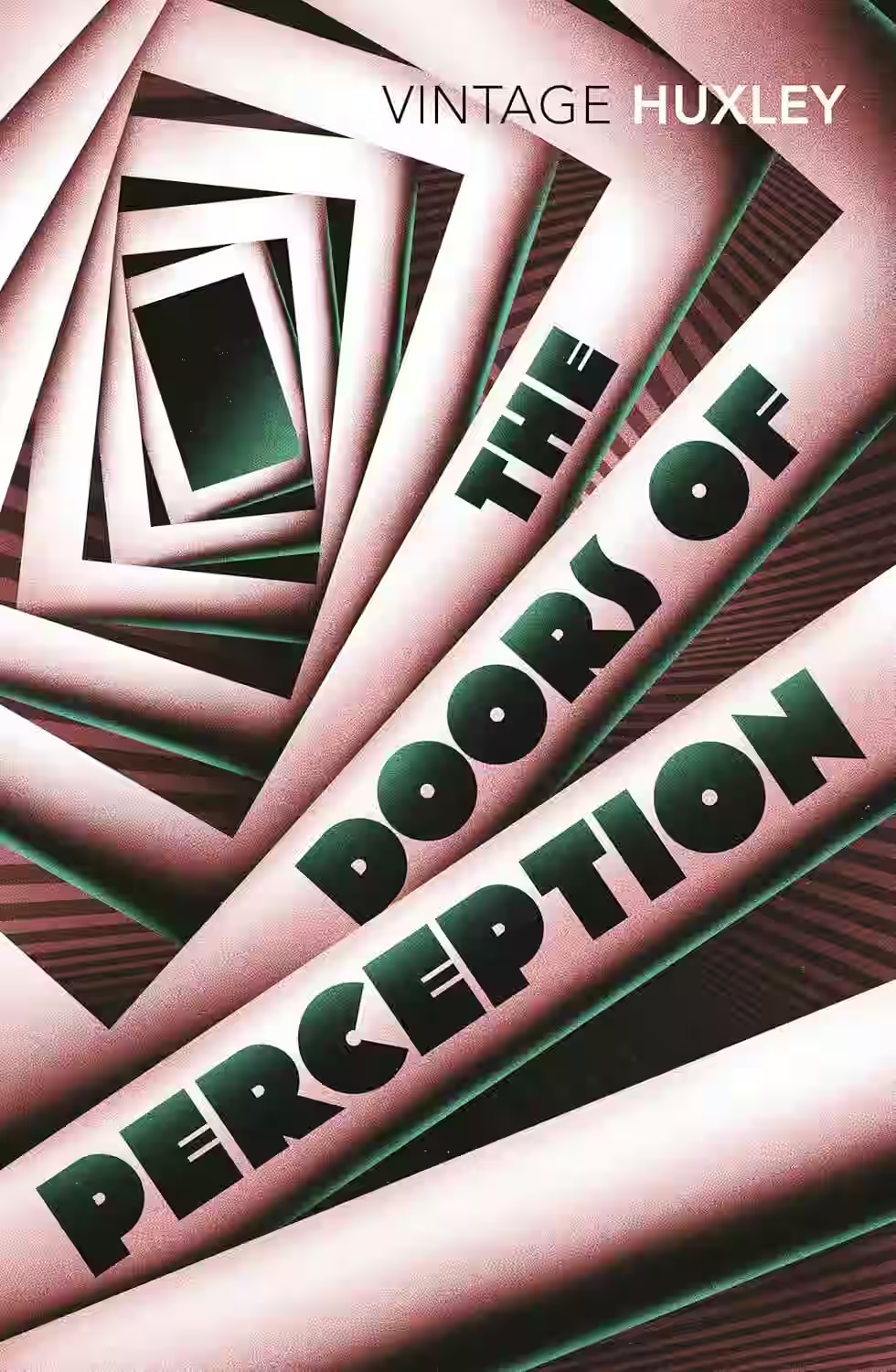
In 'The Doors of Perception' by Aldous Huxley, the author takes readers on a captivating journey through the exploration of consciousness and altered states of perception. Huxley delves into the effects of mescaline on the human mind, offering profound insights into the nature of reality, art, and spirituality. Through a blend of philosophical musings and personal experiences, he challenges conventional perceptions of the world and invites readers to question the boundaries of their own consciousness. This thought-provoking book not only explores the potential of psychedelic substances but also delves into deeper existential questions about human perception and the search for meaning.
About Aldous Huxley
An English writer and philosopher, best known for his dystopian novel Brave New World. His works critically examined societal structures, technological advancements, and the human condition, often through satirical or speculative lenses. Huxley explored themes of individualism, drug use, spiritual enlightenment, and the potential pitfalls of scientific progress. His profound intellect and ability to envision future societies made him a significant voice in 20th-century literature and a prescient observer of cultural trends.
Other Books by Aldous Huxley
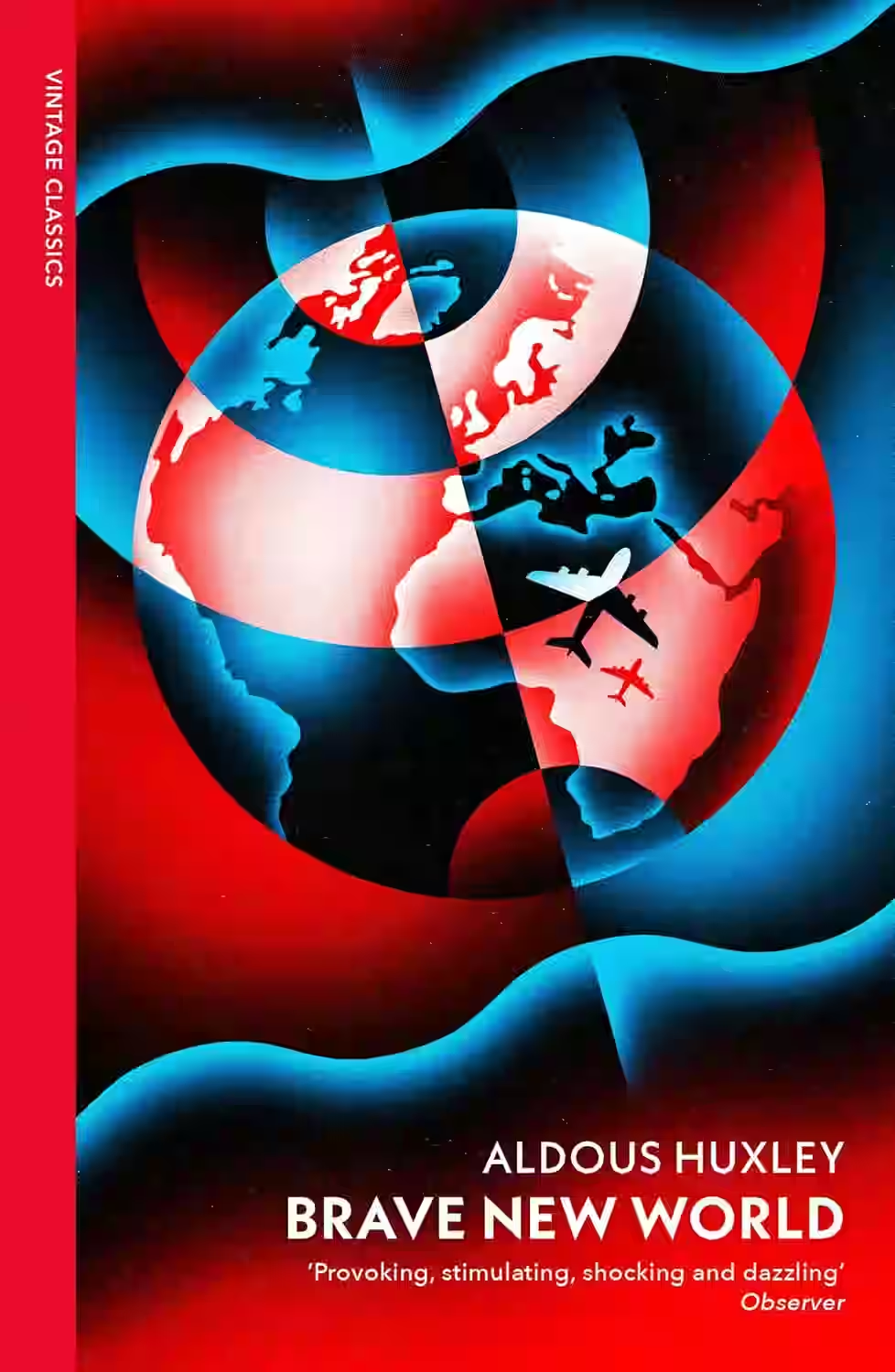
Brave New World
Aldous Huxley’s Brave New World is a landmark dystopian novel exploring a future where technological control, genetic engineering, and mass conformity replace individual freedom. Written in 1932 during the rise of fascism, it imagines a world where humans are bred for purpose, sedated by pleasure, and conditioned to obey. Huxley, a visionary thinker and spiritual seeker, critiques the loss of humanity in pursuit of stability and control. His chilling portrayal of a society numbed by entertainment, pharmaceuticals, and propaganda remains strikingly relevant today. Brave New World endures as both a powerful literary achievement and a timeless warning about unchecked technological progress.
Similar Books
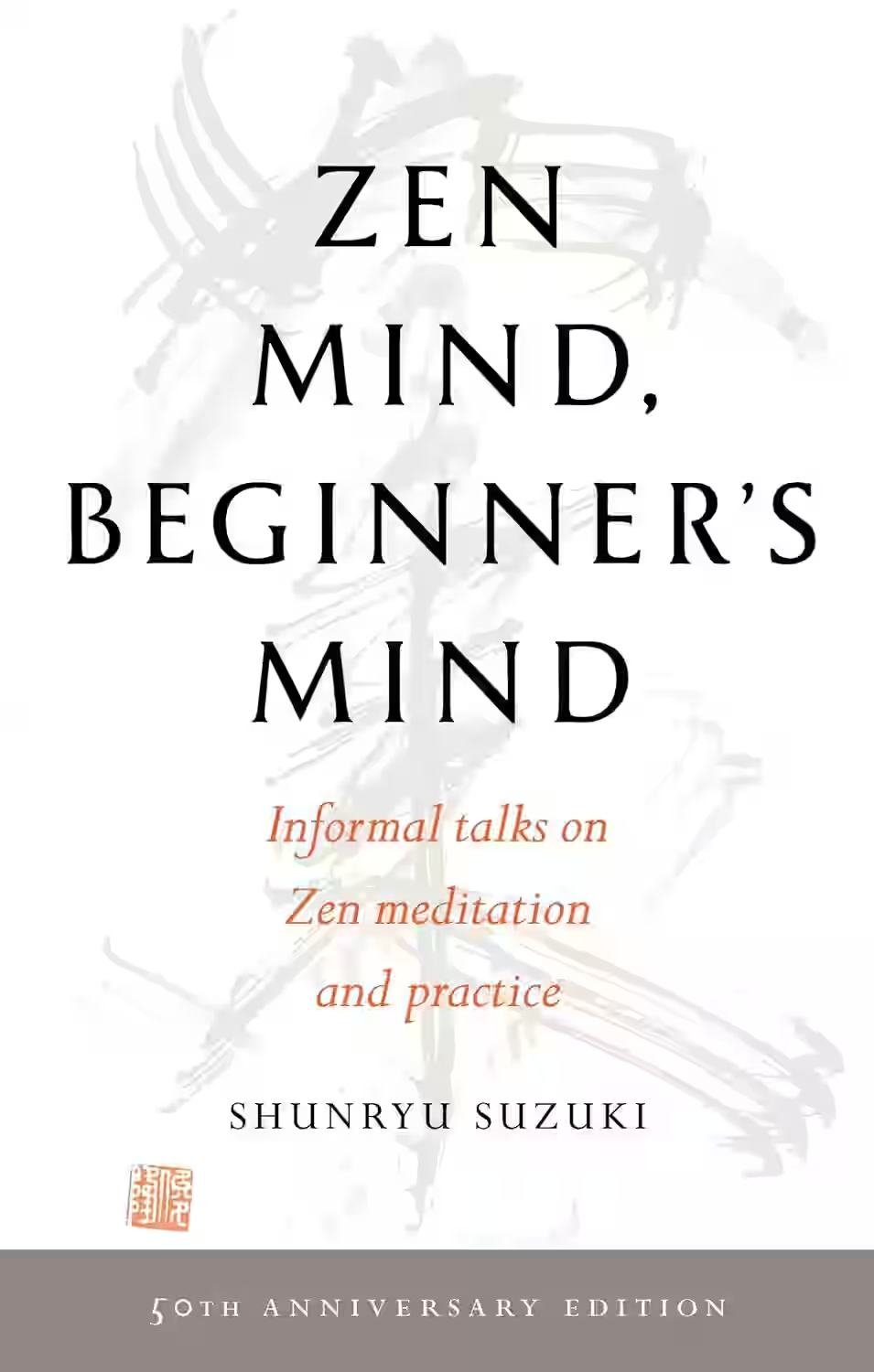
Zen Mind, Beginner’s Mind
This beloved introduction to Zen philosophy encourages readers to approach life with the openness of a beginner’s mind. Shunryu Suzuki, a Japanese Zen master, emphasizes simplicity, discipline, and non-attachment in meditation and daily living. Through short teachings and anecdotes, he explores concepts like breath awareness, mindfulness, and presence. The book’s core message is that spiritual depth arises not from mastering techniques, but from cultivating curiosity and acceptance in each moment. Revered for its clarity and poetic resonance, it has become a timeless guide for practitioners of Zen and anyone seeking peace, mindfulness, and a return to the present.
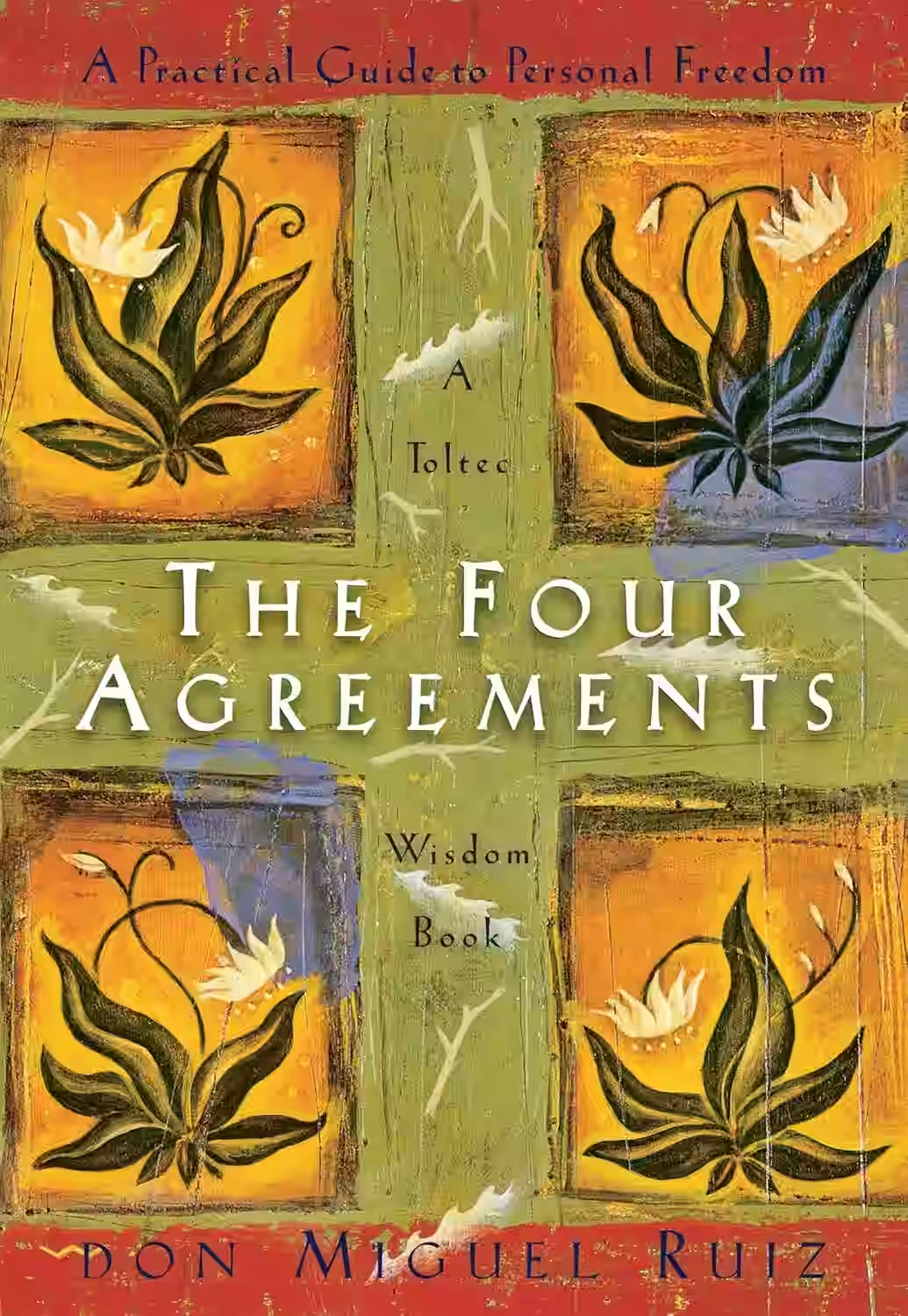
The Four Agreements
In The Four Agreements, Don Miguel Ruiz presents a code of conduct based on ancient Toltec wisdom, aiming to help individuals achieve personal freedom and happiness. The four agreements are: be impeccable with your word, don't take anything personally, don't make assumptions, and always do your best. Ruiz explains how these principles can transform one's life by breaking self-limiting beliefs and fostering a sense of peace and purpose. The book offers a practical guide to personal growth and spiritual enlightenment.
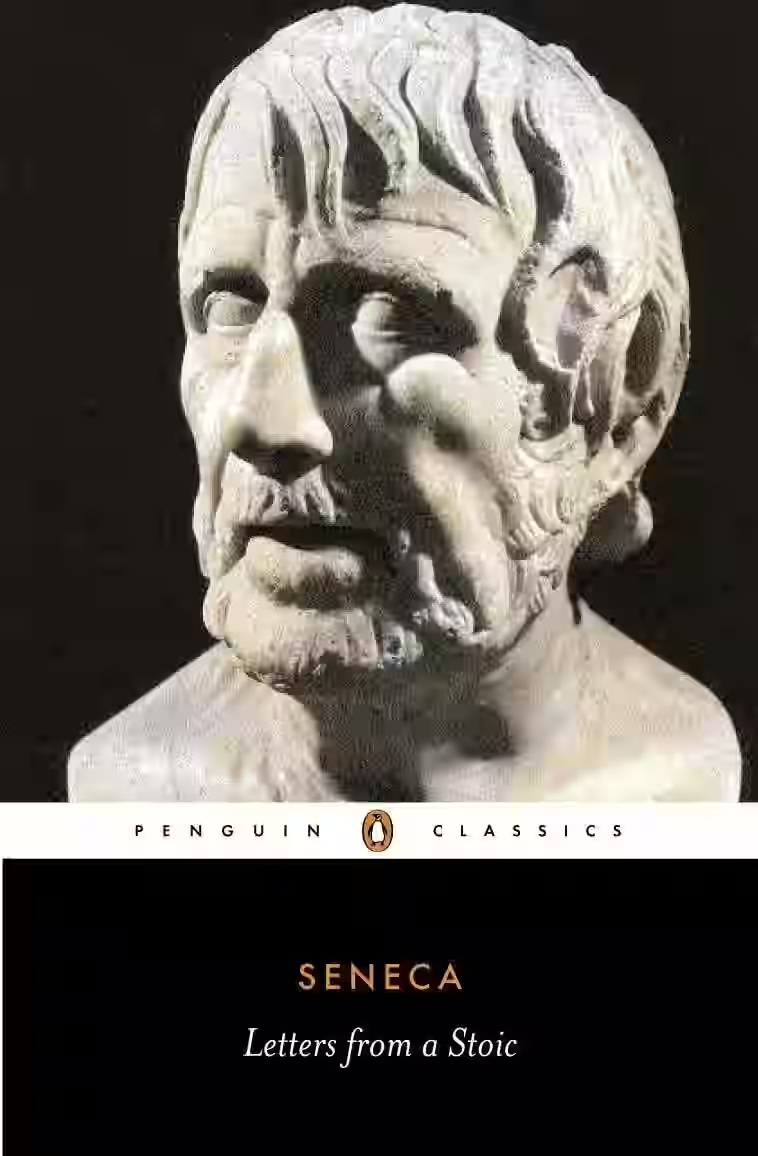
Letters from a Stoic
by Seneca
A cornerstone of Stoic philosophy, Letters from a Stoic is a collection of personal correspondence from the Roman philosopher Seneca to his friend Lucilius. These letters offer timeless wisdom on topics such as grief, wealth, friendship, fear, and the art of living. Seneca advocates for virtue, rationality, and emotional resilience, emphasizing control over one’s inner life regardless of external events. His practical advice and moral reflections are accessible yet profound, making this a foundational text for anyone seeking clarity, discipline, and inner peace. It remains a vital guide for modern readers exploring the philosophy of Stoicism.

Cutting Through Spiritual Materialism
This powerful guide warns against the ego’s ability to co-opt spiritual practice for self-aggrandizement. Tibetan Buddhist master Chögyam Trungpa explains how spiritual ambition, attachment to progress, and identity-seeking can become obstacles to true awakening. Through practical advice and sharp insight, he exposes the subtle traps of self-deception, urging practitioners toward genuine humility and awareness. Blending Eastern wisdom with Western accessibility, the book encourages letting go of expectations and facing reality directly. It remains a foundational text for those serious about spiritual development and inner transformation, highlighting that the true path is one of openness and surrender.